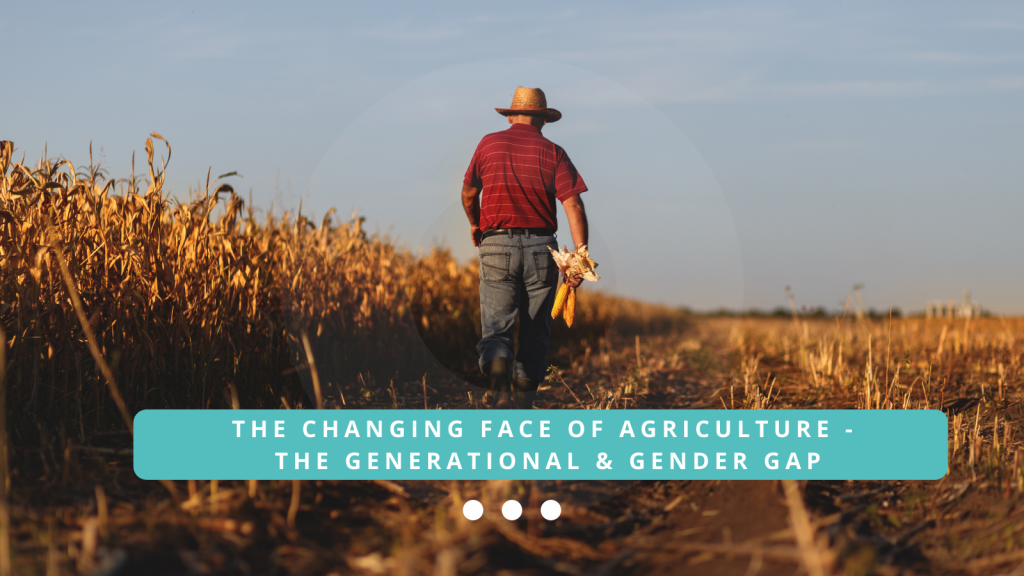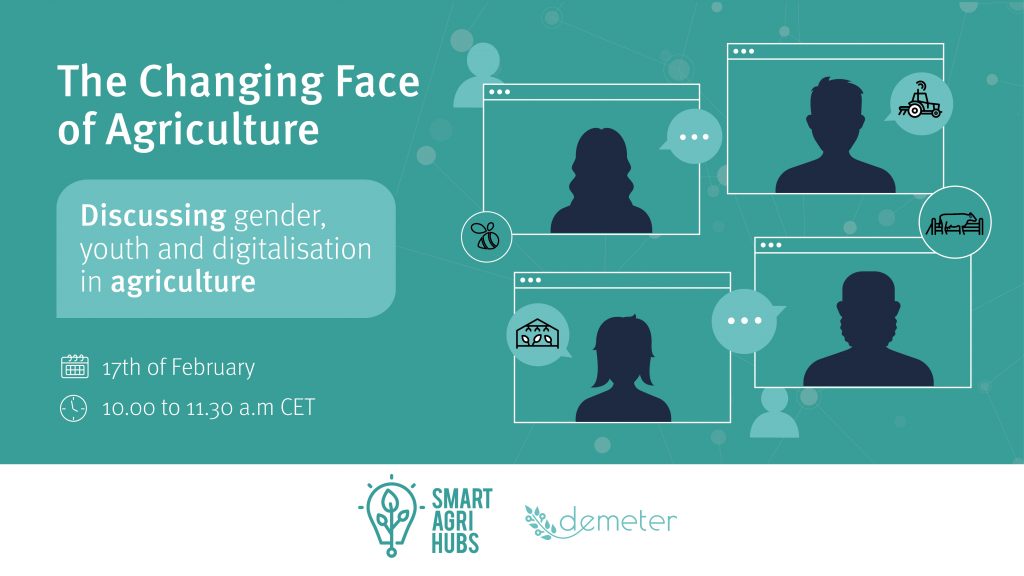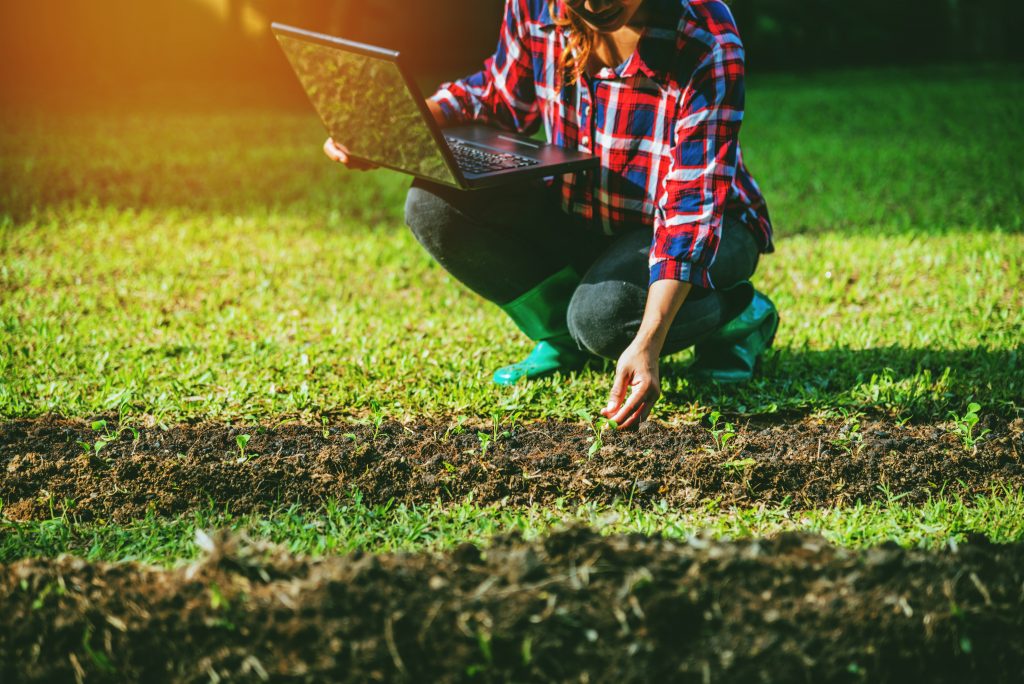
The European agricultural sector is undeniably facing several challenges including an ageing population and gender inequality. However, tackling these challenges head-on can provide a professional development opportunity for new generations, in which women will experience an acceleration towards equality.
To clearly address the current status and the growing opportunities within farming, DEMETER and SmartAgriHubs, leading Horizon2020 projects promoting the digital transformation of the European agri-food sector, are organising the webinar “The Changing Face of Agriculture – discussing gender, youth, and digitalisation in agriculture” (February 17th, 10AM CET).

In 2020, the agricultural industry in the EU created an estimated gross value added of EUR 177 billion, representing 1.3% of the EU’s GDP. Behind these numbers there are 9.7 million people employed, but only one in ten EU farm managers are under the age of 40. This represents an ageing workforce that will have to be replaced by the next generation of farmers and other related professional profiles.
Significant conclusions related to the age, gender, pay and education gap in agriculture can be extracted from the data gathered on the “Agriculture, forestry and fishery statistics — 2020 edition” using the data from the last Eurostat (2016) and the study “The professional status of rural women in the EU – 2019”:
- The majority of farm holdings (57.8%) in the European Union are run by farmers aged 55 years or more.
- Only 28.7% of farm managers are women. The gender imbalance among farmers is particularly strong in the Netherlands; only 1 in about every 20 farmers (the equivalent of 5.2 %) was female in 2016. Female farmers were also particularly uncommon in Malta (6.0 % of all farmers), Denmark (7.7 %) and Germany (9.6 %).
- For the economy as a whole, women’s gross hourly earnings are on average 16.2% below those of men in the European Union (EU-28) and 16.3% in the euro area (EA-19).
- Very few farm managers in the EU have full agricultural training. Most farm managers in the EU only have practical experience; this was the case for 7 in every 10 (68.3%). Less than 1 in 10 (8.9%) farm managers had full agricultural training, and the rest (22.7%) had basic agricultural training.
The agriculture sector clearly needs to face the challenge of filling this generational gap and gender bias in order to keep its competitiveness on a global level. Nevertheless, these facts deliver a great growth opportunity to encourage new generations into farming. Persuading young professionals to develop their careers in farming is the key to facing the challenge of agriculture’s generational transition and to reach gender equality in both workforce and leading roles. In this context, education and technology are outlined as main revitalizing factors, acting as a leverage for professional development, economic dynamization and social cohesion in rural areas.
Education and agri-tech as the boosters of change
Education, knowledge, and technological transfer are ongoing solutions to overcome the generational renewal and gender bias barriers in farming. Furthermore, the trend towards the digitalisation of agriculture has already enabled the diversification and enrichment of professional roles in agriculture: young farmers now coexist with IT and Telecom engineers, data scientists, researchers and other technological profiles. According to Markets and Markets data, the global agriculture Internet of Things (IoT) market is estimated to grow from USD 11.4 billion in 2021 to USD 18.1 billion by 2026. This forecast entails that the agricultural sector is about to experience an intense transformation into a technological and data-driven industry.

The specialized and formal training of young farmers will help them to manage their agribusiness but also to easily adopt smart agri-tech solutions based on IoT and artificial intelligence (AI). Both points are compelling to help accomplish the exigent goals of the EU Green Deal’s “Farm to Fork” strategy, which aims to transition to a sustainable food system that ensures food security while reducing the environmental impact of farming and generating fair profitability for farmers.
Therefore, the key to safeguarding the future of European agriculture is providing support to new generations, ensuring gender equality as a given. This will successfully enhance the European farming sector from a broad perspective that comprehends rural development, climate change response, economic competitiveness and food supply guarantee.
Register now for the DEMETER and SmartAgriHubs webinar on 17th February from 10-11.30am (CET) and be part of the discussion.


